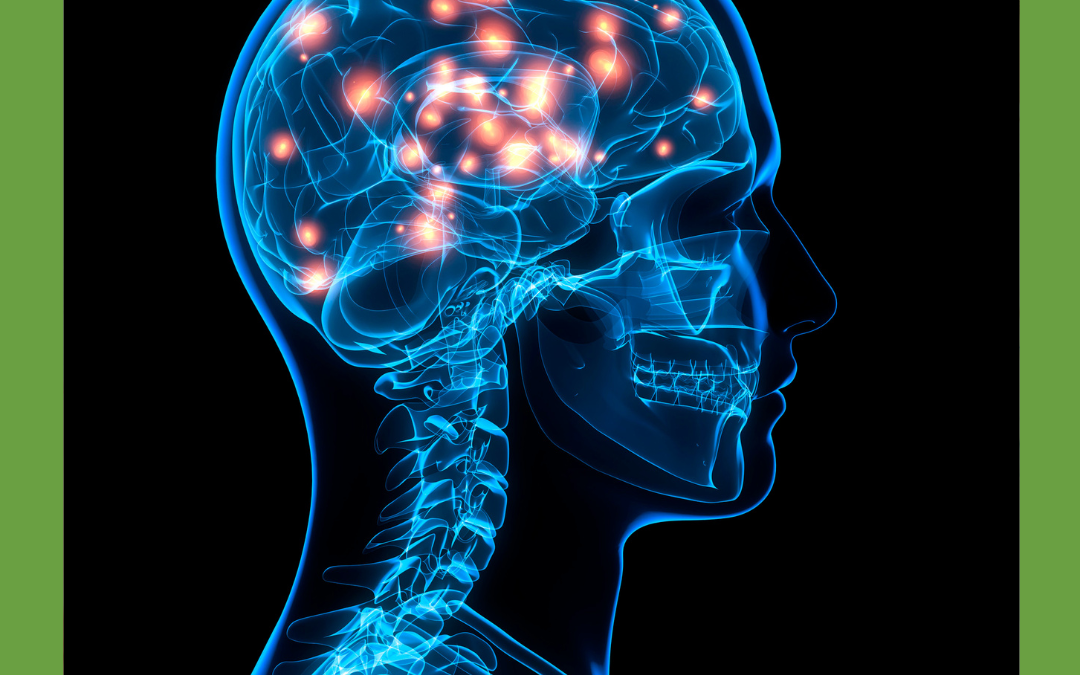What is a Traumatic Brain Injury?
Traumatic Brain Injury (TBI) is a complex injury with a broad spectrum of symptoms and disabilities. It occurs when an external force injures the brain, potentially causing long-term complications or death. TBIs can result from various incidents, such as falls, vehicle accidents, sports injuries, or violent assaults. They can range from mild concussions to severe injuries that leave lasting physical and cognitive impairments. The symptoms and effects of a TBI can vary widely, depending on the extent and location of the injury, as well as the individual’s health and age. Understanding the nature of TBIs is essential for recognizing their profound impact on individuals’ lives and navigating the path toward recovery.
What Do People with Traumatic Brain Injury Struggle with in Everyday Life?
The challenges faced by individuals with TBI are multifaceted, affecting virtually every aspect of daily living. These struggles often include:
Cognitive Difficulties
- Memory Loss: Short-term memory issues are prevalent, making remembering recent events or tasks hard.
- Attention and Concentration: Sustaining attention on tasks can be difficult, affecting work and personal life.
- Executive Functioning: Planning, organizing, judgement, and problem-solving abilities may be impaired.
Physical Symptoms
- Headaches and Fatigue: Persistent headaches and constant fatigue are frequent complaints.
- Motor Skills: Coordination and balance may be compromised, leading to difficulties with movement and daily activities.
- Sensory Changes: Sensitivity to light, sound, and touch can increase alongside potential changes in vision and hearing.
Emotional and Behavioral Changes
- Mood Swings: Individuals may experience rapid shifts in mood, including irritability, depression, and anxiety.
- Behavioural Issues: Impulsivity and difficulty controlling emotions can lead to behavioural problems.
- Social Interaction: Forming and maintaining relationships may become more challenging due to the abovementioned symptoms.
Communication Issues
- Difficulty in Speech and Language: Finding the right words can complicate social interactions, making it hard for survivors to express their needs and emotions effectively.
- Cognitive Impairments: The ability to understand and process information may be affected, further exacerbating communication issues.
- Emotional Regulation Problems: Frustration and anxiety make it even more challenging for TBI survivors to engage in meaningful conversations.
Understanding these struggles underscores the necessity of comprehensive and personalized treatment plans to address the unique needs of TBI survivors.

Therapies and Treatments for Traumatic Brain Injury
Advancements in medical science and innovative therapeutic approaches offer new hope for individuals with Traumatic Brain Injury (TBI). Below is a comprehensive list of therapies and treatments that can significantly contribute to the recovery process:
Physical Therapy
Through tailored exercise regimens, Physical therapy enhances strength, coordination, and mobility. This approach helps individuals regain their independence and equips them to perform daily activities more efficiently. The focus is on improving motor skills, balance, and physical function, which are crucial for overall recovery.
Occupational Therapy
Occupational therapy aims to improve the ability to perform everyday tasks by developing adaptive strategies and utilizing specialized equipment. This therapy enhances fine motor skills, cognitive functioning, and sensory integration. The OT may suggest home and work environment modifications to support increased functionality and independence.

Speech and Language Therapy
In addressing communication difficulties, speech and language therapy aims to improve speech clarity, comprehension, and expressive abilities. Techniques may include exercises to strengthen the muscles used in speech, strategies to improve listening and understanding, and tools to aid in articulating thoughts. This therapy is vital for restoring effective communication skills.
Cognitive Rehabilitation for Traumatic Brain Injury
Cognitive rehabilitation focuses on retraining the brain through structured exercises to improve memory, attention, problem-solving skills, and executive functioning. This therapy may include tasks such as puzzles, memory games, and computer-based cognitive training to enhance mental agility and cognitive performance.
Psychotherapy
Psychotherapy addresses the emotional and psychological impacts of TBI. Through counselling, cognitive-behavioral therapy, and other modalities, individuals receive support to manage mood disorders such as depression and anxiety. Psychotherapy plays a critical role in fostering mental well-being and providing coping strategies for dealing with the challenges posed by TBI.

Medication
Medication can be an essential component in managing symptoms associated with TBI, including pain, spasticity, depression, and anxiety. A carefully managed medication regimen can enhance the overall stability of the recovery process, making symptoms more manageable and improving the quality of life for individuals with TBI.
Emerging Treatments for Traumatic Brain Injury
Ongoing research continues to pave the way for innovative treatments. Promising therapies such as hyperbaric oxygen therapy, stem cell therapy, and neurofeedback are showing potential in aiding recovery and improving outcomes for TBI survivors. These emerging treatments offer exciting prospects for future advancements in TBI care.
By integrating these therapies and treatments, individuals with TBI can experience a more comprehensive and effective recovery journey. Each therapy plays a unique role in addressing the multifaceted challenges of TBI, contributing to improved quality of life and enhanced functional abilities.
Do People with a Traumatic Brain Injury Ever Return to “Normal”?
The question of whether individuals with a TBI can return to their pre-injury state is complex and varies from person to person. Recovery depends on several factors, including the severity of the injury, the quality of medical care, and the support system surrounding the individual. While some people may experience significant recovery and resume their previous lifestyle, others may have to adjust to new limitations and find a “new normal.” It’s essential to understand that recovery is often a long-term process that requires patience, persistence, and comprehensive care.

Hope & Commitment: Key Components of Recovery
Recovery from TBI is often a long and arduous journey, but hope and commitment are vital components that can drive progress. Maintaining a positive outlook and staying committed to a personalized treatment plan can make a significant difference. Celebrating small victories and remaining resilient in the face of setbacks is essential.
In addition, support from family, friends, and healthcare professionals plays a crucial role in fostering a conducive environment for recovery. Emotional support, practical assistance, and encouragement can empower individuals with TBI to persevere and achieve their rehabilitation goals.
Conclusion
Traumatic Brain Injuries are life-altering. Living with a TBI presents numerous challenges, but with the right therapies and unwavering commitment, recovery and a fulfilling life are within reach. The advancements in treatment options provide a beacon of hope, illuminating the way toward improved quality of life and greater independence for TBI survivors.
Empowering yourself with knowledge about these therapies and staying connected with a supportive community can make all the difference. Remember, every step forward, no matter how small is a victory on the path to recovery.
If you or someone you know is dealing with a TBI, reach out to Newleaf Total Wellness Centre or other support networks to explore the best possible paths to recovery.
Written by: DeVera Nybo, MBA, Owner, Newleaf Total Wellness Centre



